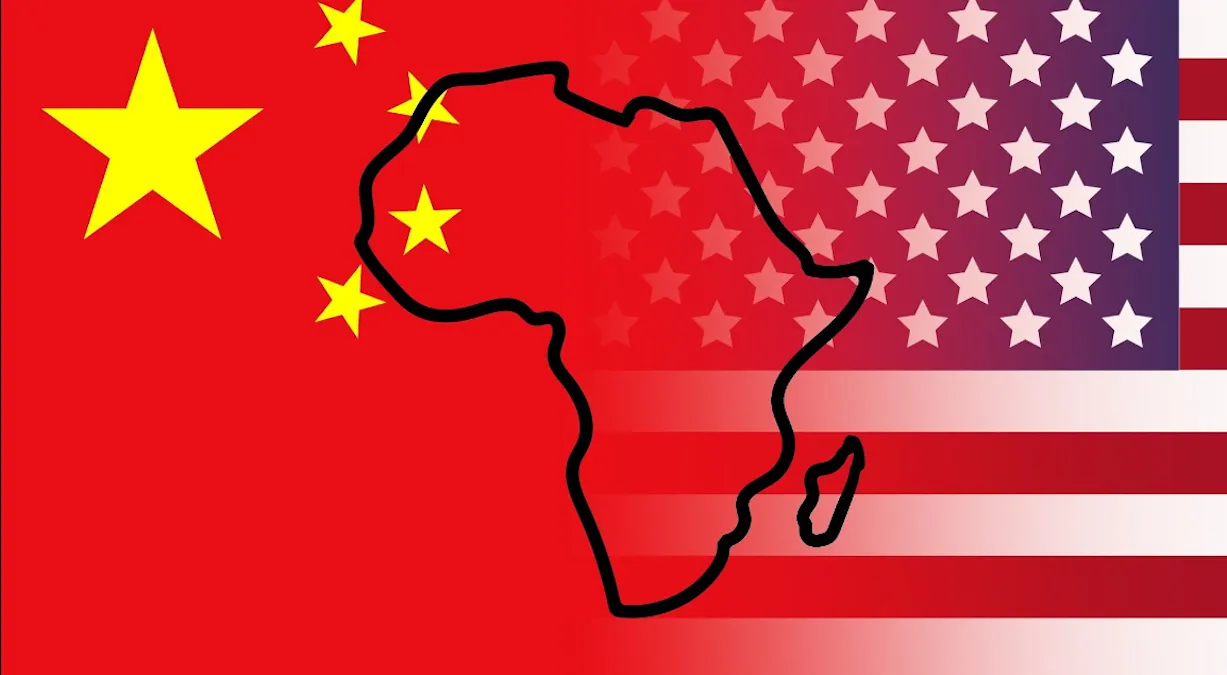The smartphones, laptops, and electric vehicles that power modern life rely on a hidden global struggle one being fought between the United States and China, with Africa emerging as the new frontier in this high-stakes race for critical minerals.
The continent holds vast reserves of vital resources like lithium, cobalt, tungsten, tin, and rare earth elements, all essential for powering artificial intelligence systems, renewable energy technologies, electric vehicles, and advanced weaponry.
For years, China has dominated the global market, investing heavily in African mining operations and building a near-monopoly in mineral processing. But the US is now stepping up its game, seeking to reduce reliance on Chinese supply chains and secure access to Africa’s mineral wealth.
Recent data shows that the US has overtaken China as the largest foreign direct investor in Africa for the first time since 2012. According to figures from the China-Africa Research Initiative, American investments totaled $7.8 billion in 2023, nearly double China’s $4 billion.
This shift is being driven by the US International Development Finance Corporation (DFC), a government agency established in 2019 to expand America’s influence in strategic regions. The DFC openly states that its mission includes countering China’s dominance in global supply chains.
One notable example of this growing partnership is Trinity Metals, a Rwandan mining company that received a $3.9 million grant from the DFC to develop its tin, tantalum, and tungsten mines. The company now exports tungsten to a processing plant in Pennsylvania and has struck another deal to send Rwandan tin to a US smelter.
Shawn McCormick, Trinity’s chairman, emphasized that the company operates under strict ethical and environmental standards, ensuring its operations are conflict-free and child-labour-free, while also benefiting local communities and creating jobs.
“We’ve shown that there is a way to produce these materials responsibly — paying taxes, respecting communities, and protecting the environment,” McCormick said.
As the global demand for clean energy and digital technology accelerates, Africa’s rich mineral deposits have become the centerpiece of a new geopolitical contest one that could reshape not only global trade, but the continent’s economic future.
The question now is whether Africa can turn this growing competition into long-term development gains or risk becoming the next arena of great power rivalry.













Leave a comment